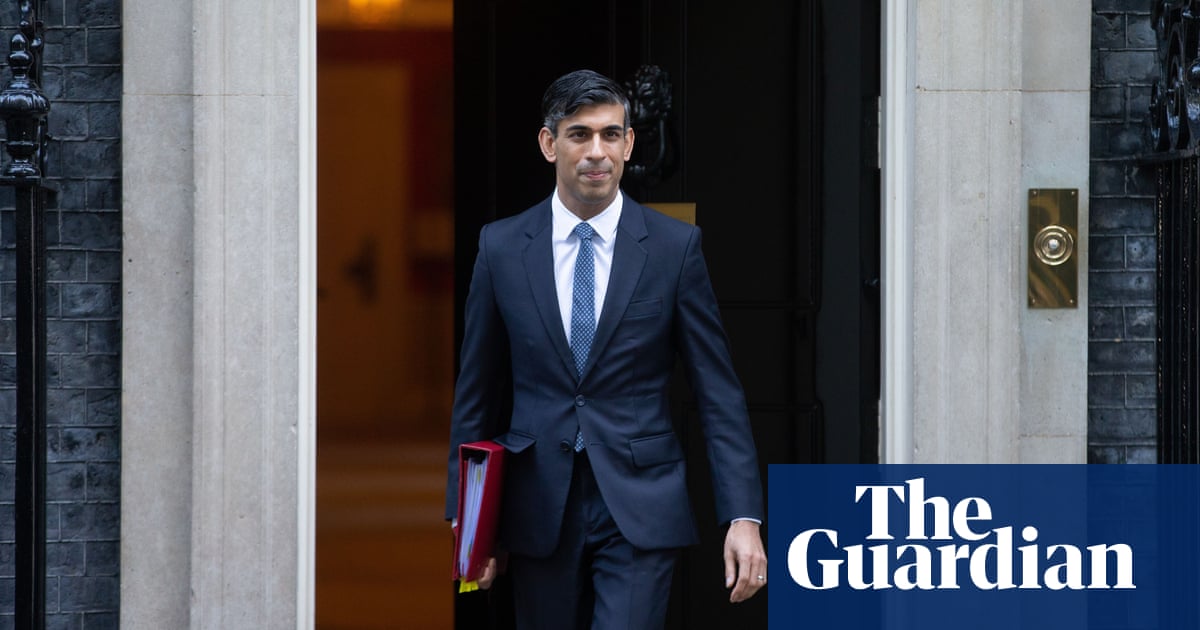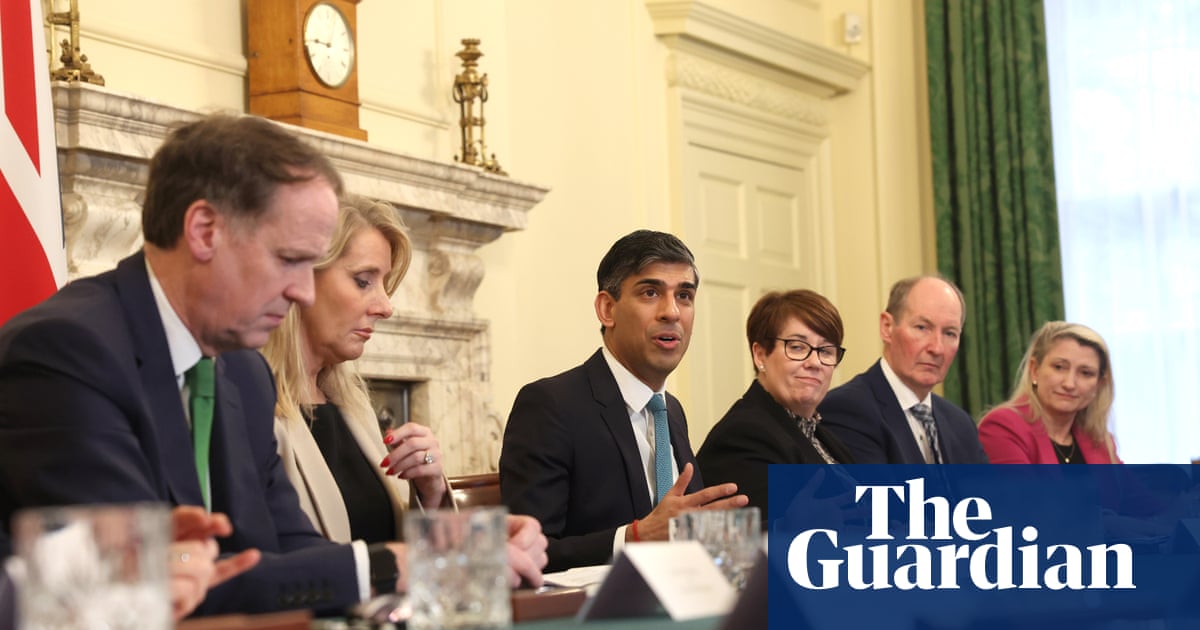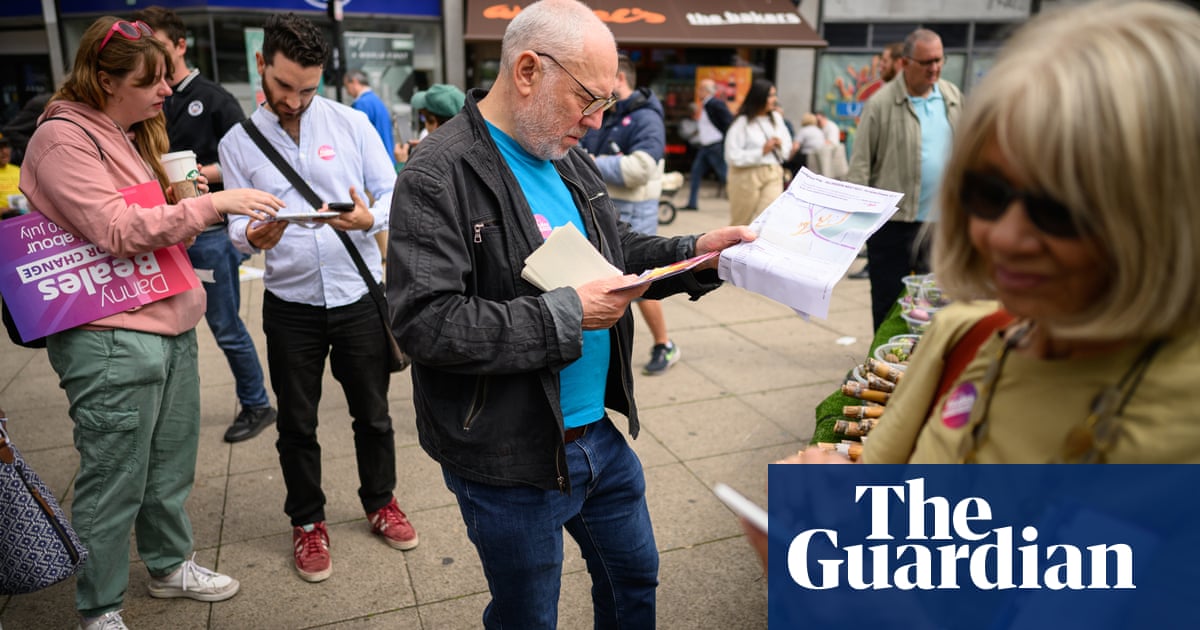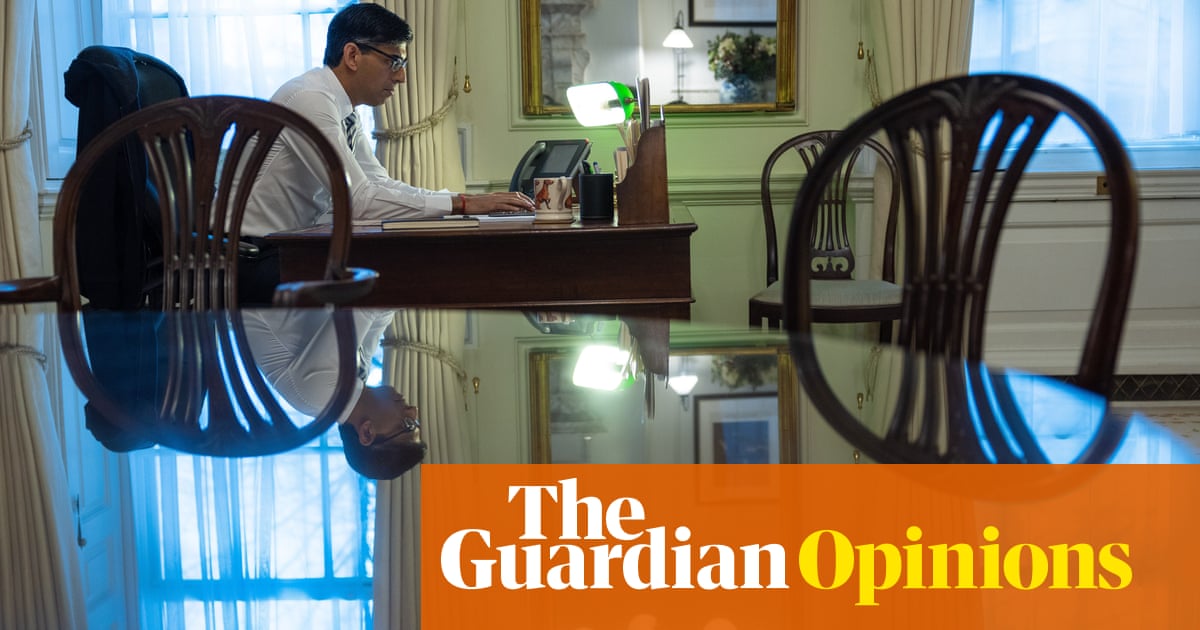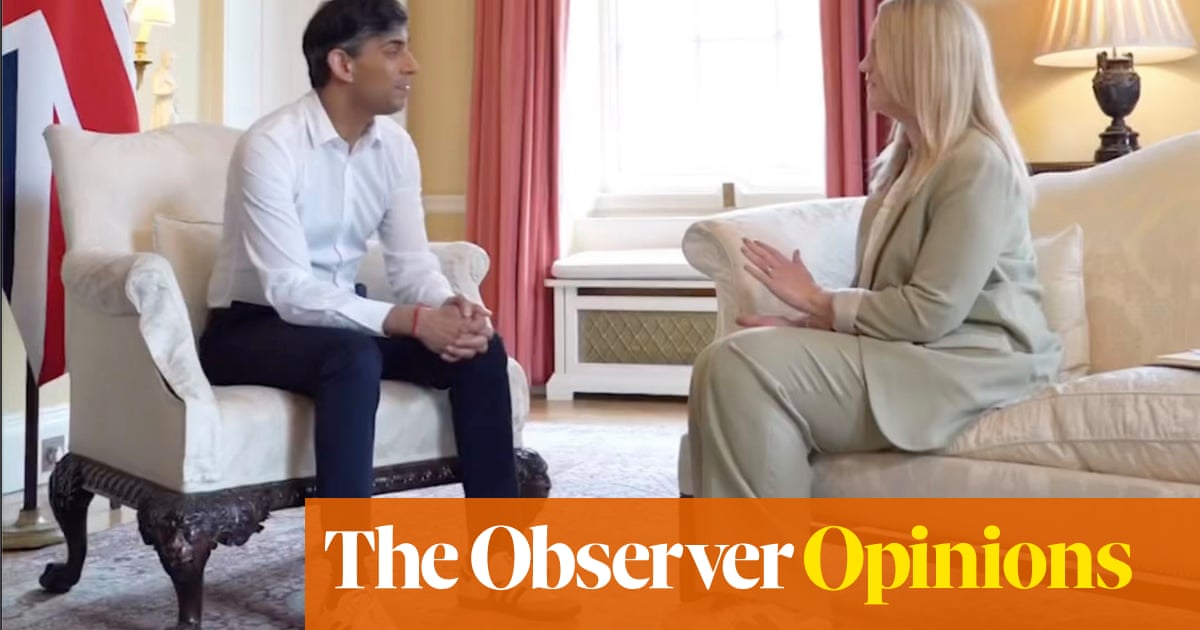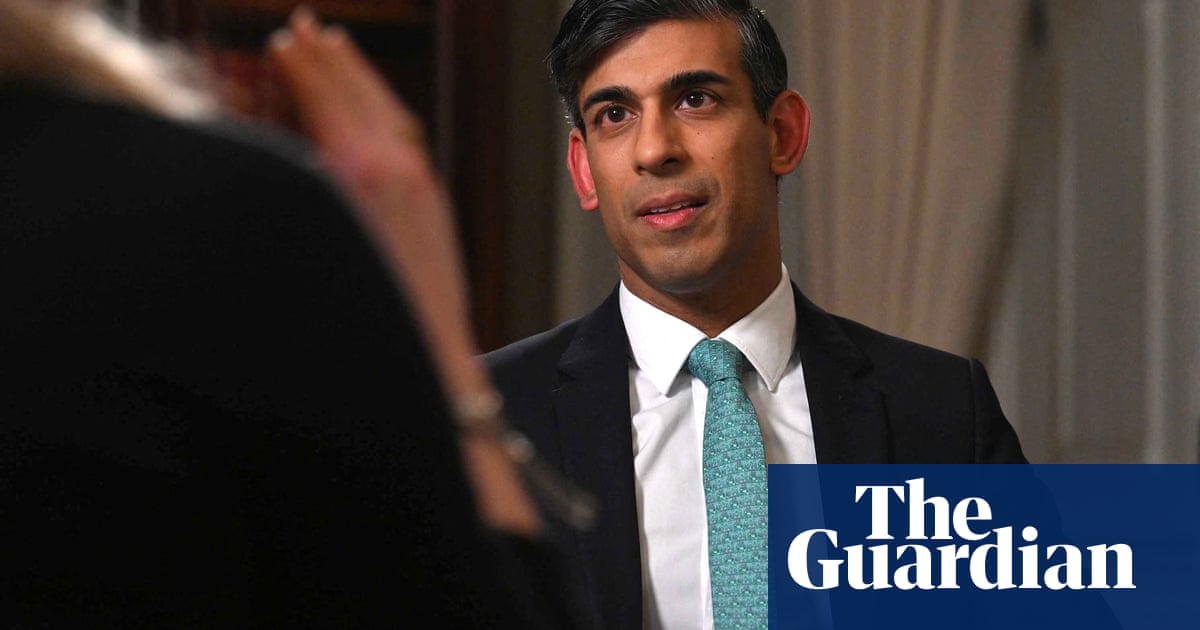
Rishi Sunak has declined to rule out reopening this year’s pay deal for nurses when ministers meet health workers’ leaders for talks on Monday, signalling for the first time a willingness to address their demands for more money now.
The prime minister, asked whether pay rises for 2022-23 could still be possible, repeatedly suggested the government was willing to have those conversations with union leaders, despite ministers previously refusing to reopen talks.
Pat Cullen, the general secretary of the Royal College of Nurses, said that Sunak’s openness to pay talks had offered a “chink of optimism” that further strikes could be averted, with his comments representing a “little shift”.
“The door has always been open to talk about the things that nurses want to talk about, and the unions want to talk about more generally, which is why we actually just wrote to all the unions from across the public sector in for talks and those talks are happening on Monday,” Sunak told BBC One’s Sunday with Laura Kuenssberg programme.
“The government has always been clear that it’s happy to talk about pay for this year that’s responsible, that’s affordable … It wouldn’t be right for me to sit here and start having negotiations in public with you, or with anybody else.”
The prime minister, pressed over whether the NHS was in crisis, acknowledged that the health service was “undeniably under enormous pressure” but suggested much of it was a result of the Covid pandemic, even though waiting lists were over 4 million and the staffing crisis existed before that point.
Sunak, who is grappling with the biggest wave of industrial action in decades, is hoping the talks with ministers could curtail further strikes by public sector workers including nurses, postal staff and train drivers. But the unions have said that could only happen if they looked again at this year’s pay settlement.
He declined to “categorically” rule out a pay rise for nurses this year, and, asked by Kuenssberg whether talks could include pay “right here, right now”, meaning a settlement for 2022-23 rather than for 2023-4, he replied: “We want to have these conversations.”
However, the prime minister added: “We’re about to start a new pay settlement round for this year [2023-4]. Before that process starts, the government is keen to sit down with the unions and talk about pay and make sure they understand where we’re coming from.”
Cullen suggested the prime minister had raised expectations that reopening discussions on this year’s pay deal was now on the table, which could help avert further strikes. Otherwise, the nurses’s strike on 18 and 19 January would go ahead.
She indicated last week that nurses could be willing to accept a 10% pay rise with a call on the government to meet them “halfway”. She said the demand for a 19% rise – branded “unaffordable” by the government – was just a “starting point”.
After the interview, she told the BBC there was now a “chink of optimism” and that there had been “a little shift” from Sunak.
“The prime minister talked about coming to the table. That’s a move for me because I’ve said ‘let’s meet halfway’. I can’t negotiate on my own and on the airwaves. If that table is now available I will be there. But it must be about addressing pay from 2022-23,” she said.
“We will put our case, but what the government wants to talk about tomorrow is pay moving forward and in the broadest terms. That is not going to avert the strike action that’s planned for 10 days’ time.”




